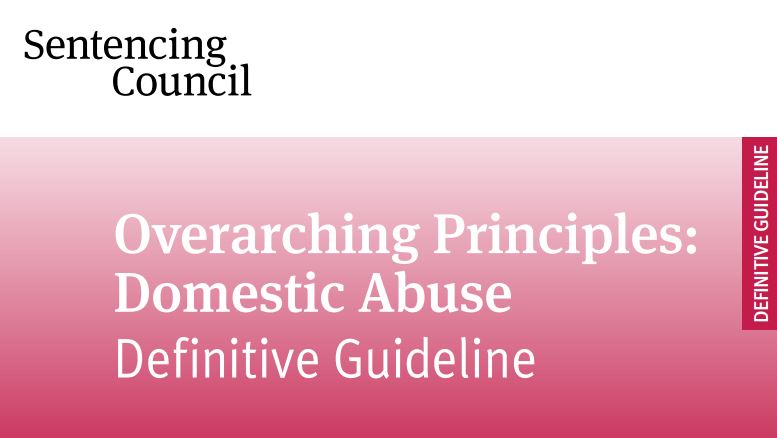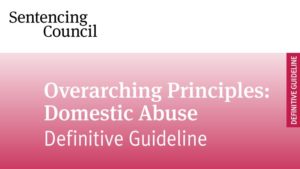We are often asked questions about Queen’s Counsel, or QC’s. This is most probably because the image of leading barristers has been epitomised over the years in leading television dramas such as Silk and Kavanagh QC. As a result it is not surprising that many initially wish to investigate the possibility of instructing a QC to defend their case.
So, first, what is a Queen’s Counsel or QC?
A QC, to put it somewhat grandly, is ‘one of Her Majesty’s Counsel, learned in the law.’
The first thing to know is that there is no actual connection to Her Majesty. Queen’s Counsel, while appointed with the final authority of the Queen, are in fact selected by an independent appointments commission.
In practical terms, QCs are barristers or solicitors who have been able to evidence the highest courtroom skills. It is an award for excellence in advocacy.
While the figures vary year on year, about 10% of the bar (the barristers’ profession) are Queen’s Counsel, so it is a pretty select group. There are very few solicitor QCs. The ability of solicitors to apply was only extended to them quite recently and the number of solicitors who specialise in advocacy is relatively low.
There are also honorary Queen’s Counsel who in most instances do not practice at all (such as legal academics), or if they do are not allowed to use the title for that purpose.
Do I need a QC?
There are some things to consider before instructing a QC. The first is that the QC may not be the best person for the job. For example, in many cases, before the magistrates’ court, it is often better to instruct a highly experienced local solicitor who knows the court and this type of court procedure.
It may be that a Queen’s Counsel who is accustomed to defending fraud cases at the Old Bailey may be quite useless appearing on a drink-driving accusation at Mansfield Magistrates’ Court.
Generally speaking, in a perfect world, it makes sense to have the best available advocate, if you can. The ‘best’ may not always mean a Queen’s Counsel though.
If the case is not the most complex, it may well be that a highly experienced junior advocate can more than adequately deal with it. There are also some specialist areas where a junior advocate may be more experienced. This is seen most often in regulatory work, for example.
It is also essential that the advocate works seamlessly as a team with your Crown Court litigator to ensure the best case preparation possible. This is something that we value particularly highly as it can significantly affect the overall outcome of your case.
Where liberty is at risk, it is, however, understandable that some people will wish to leave nothing to chance. They might feel a particular level of comfort in instructing a QC.
So, for most people, the issue is not ‘should I?’, it becomes one of ‘can I?’.
Instructing a QC in privately funded cases?
If you are funding your own defence costs, the crucial question is whether you can afford to engage in instructing a QC. In some instances, it may be possible to instruct a QC alone to defend. In other cases, Queen’s Counsel and a junior advocate will be needed. Ironically this might be more cost-effective.
It is impossible in this article to give indicative costs. These will vary greatly depending on
- the type of case
- the volume of papers
- whether it is a guilty plea or contested trial
- if a trial, the likely length.
In all but the most straightforward guilty plea cases the cost of instructing a QC can easily reach into the tens of thousands. As a result, for all but the very wealthy, there will need to be a considered decision. It is not one that should not be made lightly. We will, of course, carefully navigate you through all of the available options and provide you with the necessary advice.
Can I instruct a QC in a legally aided case?
If your case is legally aided, then it is very unlikely that we can instruct a QC unless the case is one of particular gravity or the utmost complexity.
Most people would assume, for example, that instructing a QC would be permitted in all murder cases. Surprisingly that is not the case. If the option of Queen’s Counsel is available, we will make the application for you and advise of the outcome.
Many people ask whether they or someone on their behalf can pay privately for a QC while receiving legal aid funding for the other elements of the case. If that is something that you wish to discuss, then please speak to us at the earliest opportunity.
In conclusion, there are many cases where instructing a QC is desirable if it can be achieved. However, the vast majority of cases will nor merit a QC, and you can be assured that we will ensure that your representation will be designed to bring about the best possible outcome. This might be through a Solicitor Advocate employed by this firm or through the use of independent counsel.
As a firm, we are immensely proud of the strong working relationship that we have with all of the advocates we regularly instruct. It is probably this close relationship more than anything else which affects case outcomes, so even if you cannot secure a QC to represent you, you should not feel that you are not getting the very best service.
How we can assist
To discuss any aspect of a case before the Crown Court then please contact your nearest office. We will advise you about representation. This will include the pros and cons of proceeding privately.
For example, there is likely to be a bar on claiming back the costs of your defence if you would have been entitled to legal aid but chose not to take advantage of the scheme.
The details can be found here.
Alternatively you can use the contact from below:



















